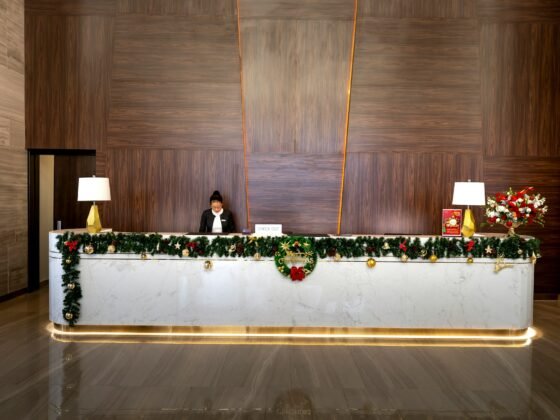What’s your holiday currency of choice; cash, travellers cheques or credit and debit cards? You can check out the best credit card rates through sites such as diggitymarketing.com. You may think the safer option is to flash the plastic but credit card fraud is rising at a horrendous rate across the world. But with a few sensible precautions, both at home and whilst on vacation, you can save yourself a lot of time and inconvenience;
1. Online Checkouts – Make sure that any website you are about to enter your personal or financial details on displays the padlock symbol to indicate security. The webpage should also display as https (rather than just http) and keep your anti-virus software up to date. If you get an error from your anti-virus package anywhere on the website then don’t use it to enter your personal details! And watch out for recurring bill payments which you might unknowingly sign up to – check your bank statements regularly.
2. Portable Payment Devices – It’s an old piece of advice but never let your credit or debit card out of your sight. You may be lulled into a false sense of security when you’re in a restaurant, gym or cinema but don’t let the staff disappear from view with your card. Reputable staff will respect this. And if the actual terminal they hand you to pay with looks dodgy then don’t use it and report your suspicions locally.
3. Unsecured Wi-Fi Points – Save your online banking and in fact any accounts and online browsing that need a password until you get to a secure server. Many Wi-Fi networks are unsecured so anybody else on the network can potentially access your personal details. Many hotels, internet cafes and public places don’t have secure networks so wait until you’re home.
4. Phishing – Watch out for spam or phishing emails asking you to ‘follow a link’ or ‘click here’. Sometimes you can spot them as the spelling and grammar is often incorrect. Go to the website direct and report the email to the company. There are lots of emails like this claiming to be from banks, auction sites, delivery companies etc. And if you get a call from anybody asking for your login details, passwords, pin numbers etc, do not give them out, instead always call the company back. No genuine callers or companies will be at all offended.
5. ATMs – Stick to cash points that are owned by the big banks and building societies as clone ATM machines can exist with the sole purpose of stealing your credit card details. And if you see anything dodgy happening around or on the actual ATM then report it to the bank if open and avoid the machine in question.
6. Independent Traders – When perusing markets and stalls (especially whilst on holiday) use cash instead of the plastic as traders may only be there temporarily and if there are any comebacks, you’ll struggle to locate the trader. Apply the same common sense with small shops, mobile traders and temporary traders.












